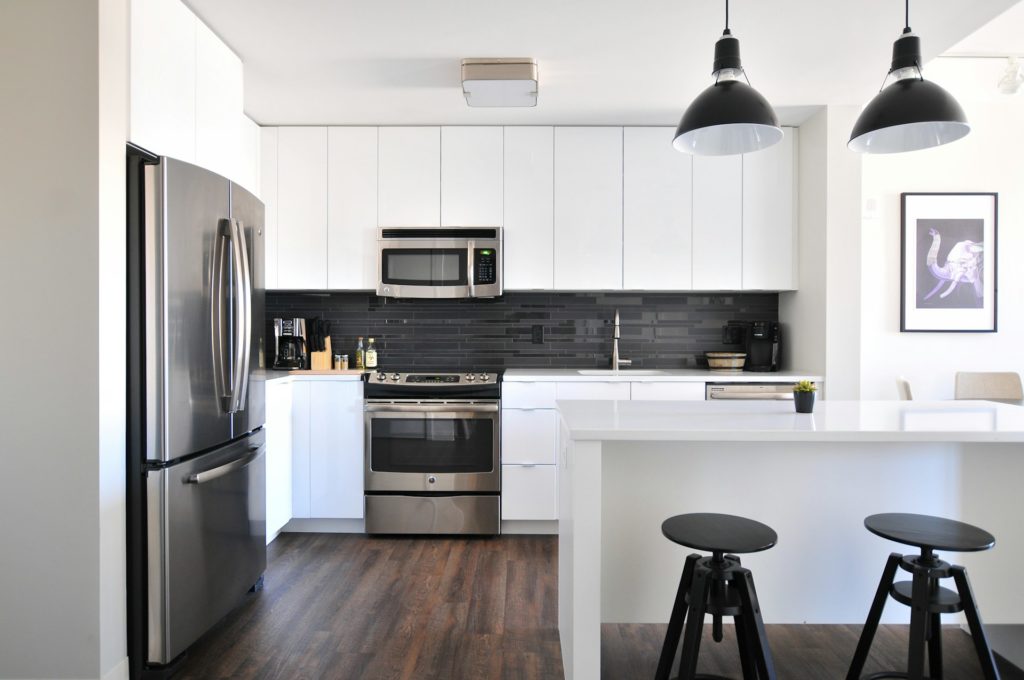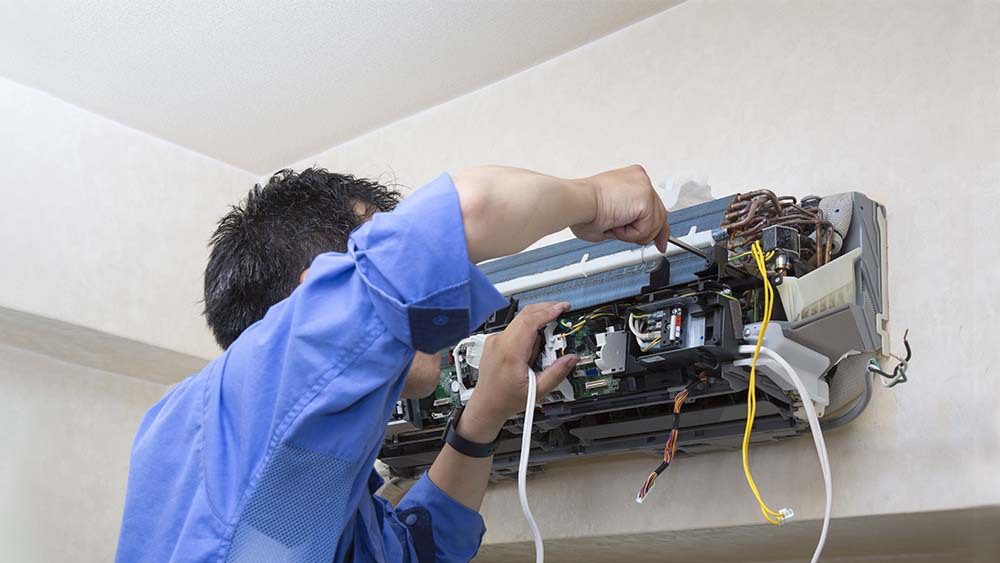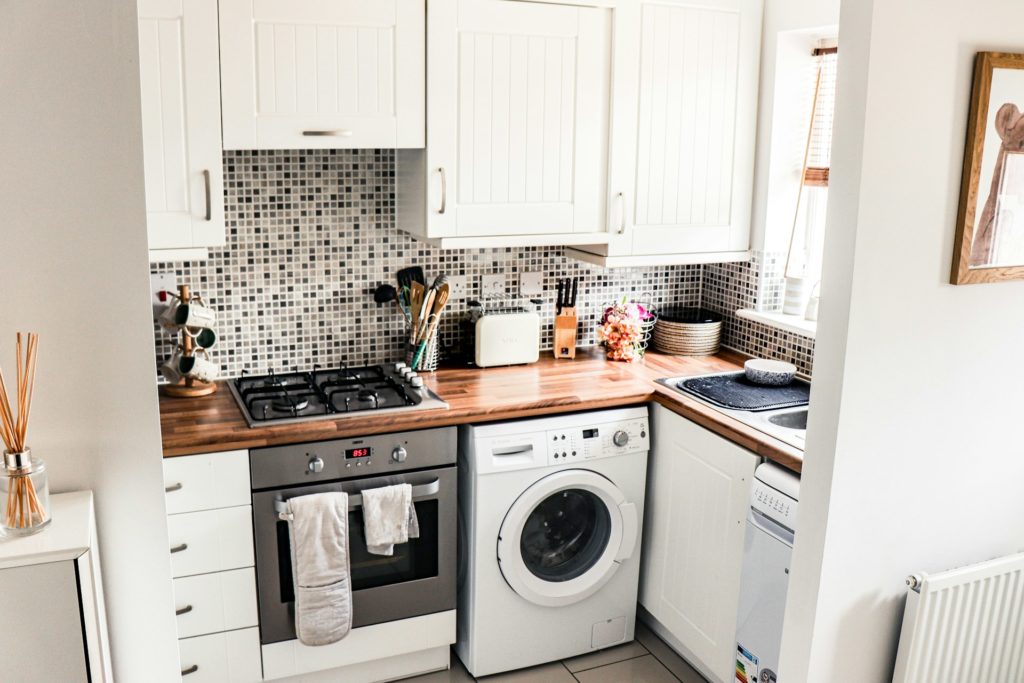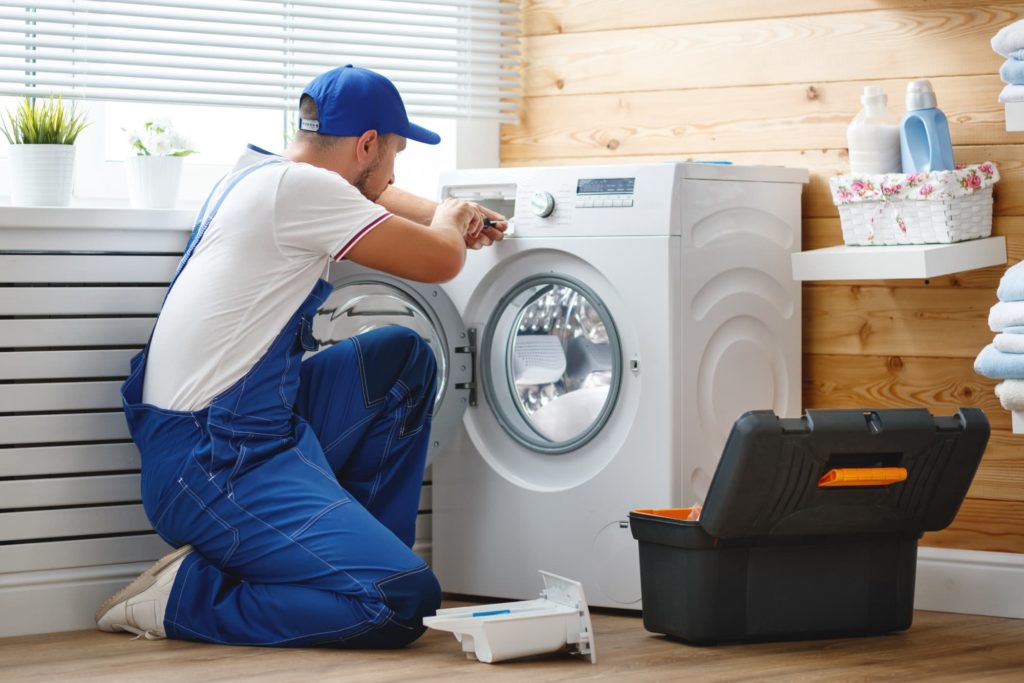Keeping your home appliances running efficiently not only saves energy but also extends their lifespan, reduces utility bills, and enhances overall performance. Here’s a comprehensive guide to improving the efficiency of your home appliances.
1. Regular Maintenance
Regular maintenance is key to ensuring your appliances operate at peak efficiency. Schedule periodic check-ups with a professional technician to identify and address any potential issues before they become major problems.
Tips:
- Clean appliance filters, coils, and vents regularly.
- Check for and replace any worn-out parts.
- Follow the manufacturer’s maintenance schedule.
2. Proper Usage
Using your appliances correctly can significantly impact their efficiency. Overloading or misusing appliances can lead to higher energy consumption and faster wear and tear.
Tips:
- Do not overload your washing machine or dishwasher.
- Use the appropriate settings for different tasks (e.g., energy-saving mode).
- Avoid running appliances at maximum capacity for extended periods.
3. Energy-Efficient Settings
Most modern appliances come with energy-saving settings designed to minimize power usage while maintaining performance. Utilize these settings to enhance efficiency.
Tips:
- Use the eco-mode on your dishwasher and washing machine.
- Set your refrigerator and freezer to the recommended temperatures.
- Enable sleep mode on electronic devices when not in use.
4. Upgrade to Energy-Efficient Models
Consider upgrading older appliances to newer, energy-efficient models. These appliances are designed to use less energy and often come with features that further enhance efficiency.
Tips:
- Look for appliances with the ENERGY STAR label.
- Research and compare the energy consumption of different models before purchasing.
- Consider the long-term savings on your energy bills when evaluating the cost of new appliances.
5. Optimize Appliance Placement
The placement of your appliances can also affect their efficiency. Ensure that appliances like refrigerators and air conditioners are placed in optimal locations to reduce strain and energy consumption.
Tips:
- Keep refrigerators and freezers away from heat sources like ovens and direct sunlight.
- Ensure proper ventilation around appliances to prevent overheating.
- Position air conditioners in shaded areas to improve cooling efficiency.
6. Unplug When Not in Use
Many appliances consume energy even when they are turned off. Unplugging appliances when not in use can reduce unnecessary energy consumption.
Tips:
- Use power strips to easily switch off multiple devices at once.
- Unplug chargers and small appliances when not in use.
- Be mindful of “phantom” energy usage from electronics in standby mode.
7. Use Smart Technology
Smart appliances and home automation systems can help you monitor and manage energy consumption more effectively. These technologies provide real-time feedback and allow you to control appliances remotely.
Tips:
- Invest in smart plugs and switches for better control over appliance usage.
- Use a smart thermostat to optimize heating and cooling systems.
- Monitor energy usage with smart home apps and adjust settings accordingly.
Conclusion
Improving the efficiency of your home appliances is a combination of regular maintenance, proper usage, and smart choices. By implementing these tips, you can enjoy the benefits of reduced energy bills, prolonged appliance life, and a more environmentally friendly home.
For professional maintenance and repair services to keep your appliances running efficiently, contact us today! Our expert technicians are here to help you achieve optimal performance from your home appliances.




